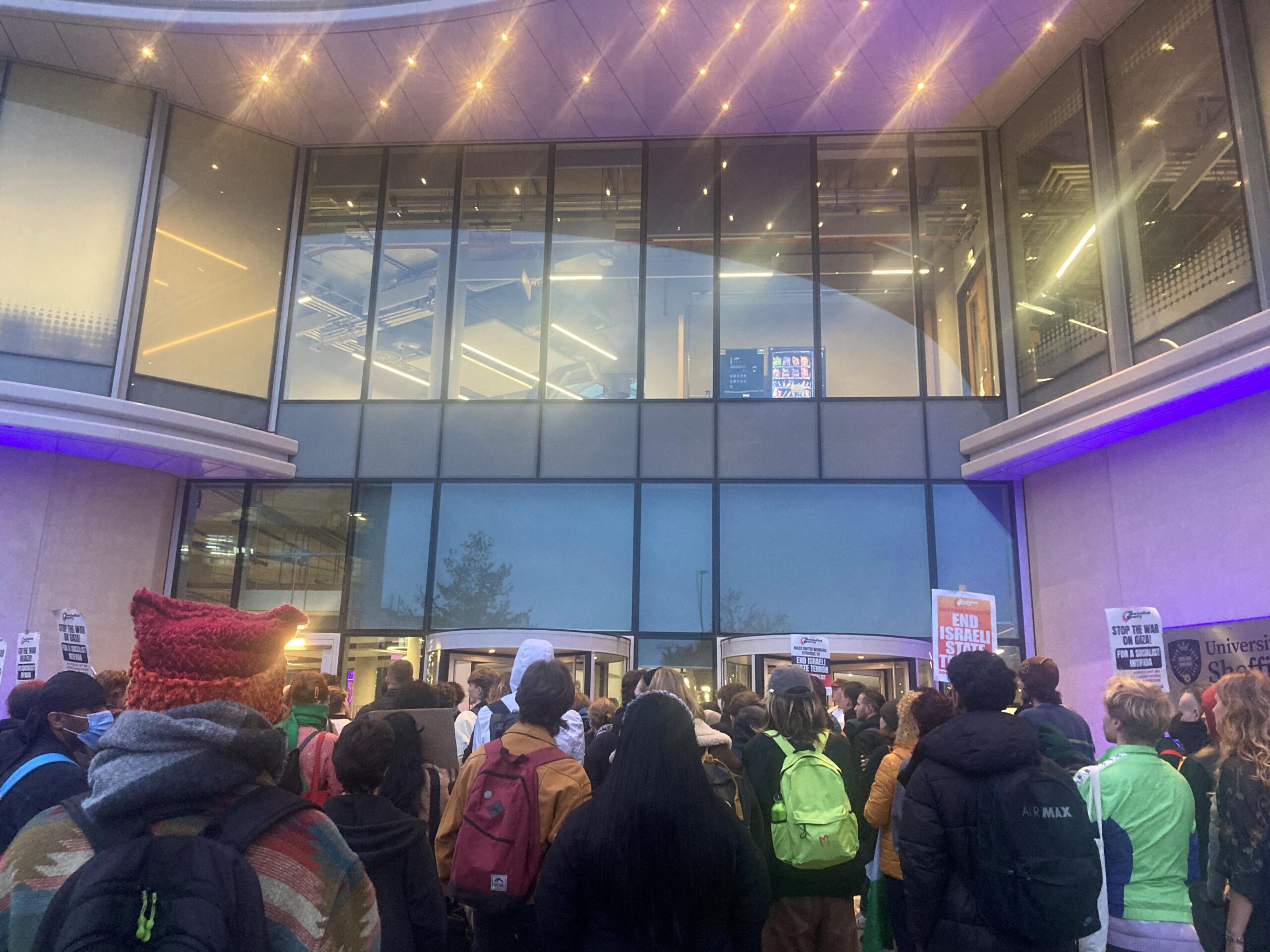In an effort to express their voices, students have been partaking in protests within recent months.
Tomorrow will see a march for climate justices, starting at the University of Sheffield’s student union at 11:30am, which will conclude a series of events which took place over the last week intending to raise awareness of climate related issues in both Sheffield and internationally.
The march rounds up a week of lectures, panel-discussions, and banner-making, all intended at raising awareness of climate related issues, both in Sheffield and internationally.
These events were part of the Don’t Cop Out! campaign, set up by Jo Campling, Sheffield student union’s Welfare and Sustainability officer and allow students to have the opportunity to contribute to a “global voice” from Sheffield.
Miss Campling highlights that the Don’t Cop Out! events are intended to make a point for change, due to the perspective that talks such as COP28 can often lead to little change.
She said these events were a chance to see what can be done in Sheffield to “add to the global voice.”
In light of this, students within Sheffield have also emphasised the need for an output to be able to express their opinions and show their support for causes which they regard as important.
Adan Akhtar, 18, an Aerospace Engineering student at the University of Sheffield, highlighted the need for protests, calling them an “opportunity.”
Mr Akthar has currently been working within the Don’t Cop Out! campaign and has also previously taken roles within protests for Palestine.
Creating banners to be used during the Don’t Cop Out! march tomorrow, Mr Akhtar highlighted how this event allowed an output for expression which he had not been able to find previously within his friend groups and also within educational, teaching settings.
He said: “I’ve always cared about the climate, I know that it’s a pressing issue and that we need to be talking more about it. But whenever I’ve tried doing it with my friends and even with some of my teachers, it’s like they accept the fact that there is climate change happening and that there is an issue.
“It’s like a passive acceptance on the fact that there is not enough people taking action towards it.”
Alongside this Mr Akthar emphasised the opportunity that protests provide as he discussed his experience of becoming increasingly engaged within protest activism when he moved to Sheffield, from the UEA.
Reflecting on his experience of joining protests he said: “at the start you’re kind of scared because you don’t want to get in trouble so you’re just a bystander, like at any sort of protest or march going on you’re just on the side and just observing.
“And then the next thing you know you’re already in the centre, you’re also protesting along with them, so it’s sort of a chain reaction.”
Alongside being part of the Don’t Cop Out! campaigns, Mr Akthar has also attended Pro-Palestine protests, which took place within Sheffield in previous months, and indicated the importance he felt to protesting a range of political issues.
And, while not all students have took part in the recent protests within the university, it appears to be evident that many support them.
Ziran Wang, an international marketing and management student at the University of Sheffield had also seen Pro-Palestine protests in Sheffield.
Reflecting on a Pro-Palestine protest at the Wave building on November 20, Miss Wang said she did not want to partake as she was unsure of on the “facts of the war.”
She said that rather than being part of a protest she would prefer to, “listen to others.”
Lang Qianhu, a student of creative and cultural industry management at the University of Sheffield, said that though she has never encountered a protest, she feels they are an important “opportunity for students to stand up for their own opinions.”
One student, who did not wish to be named, also said they hadn’t taken part within any protests previously but did say they could be interested to be part of one in the future, particularly on topics that they felt impacted them directly.




